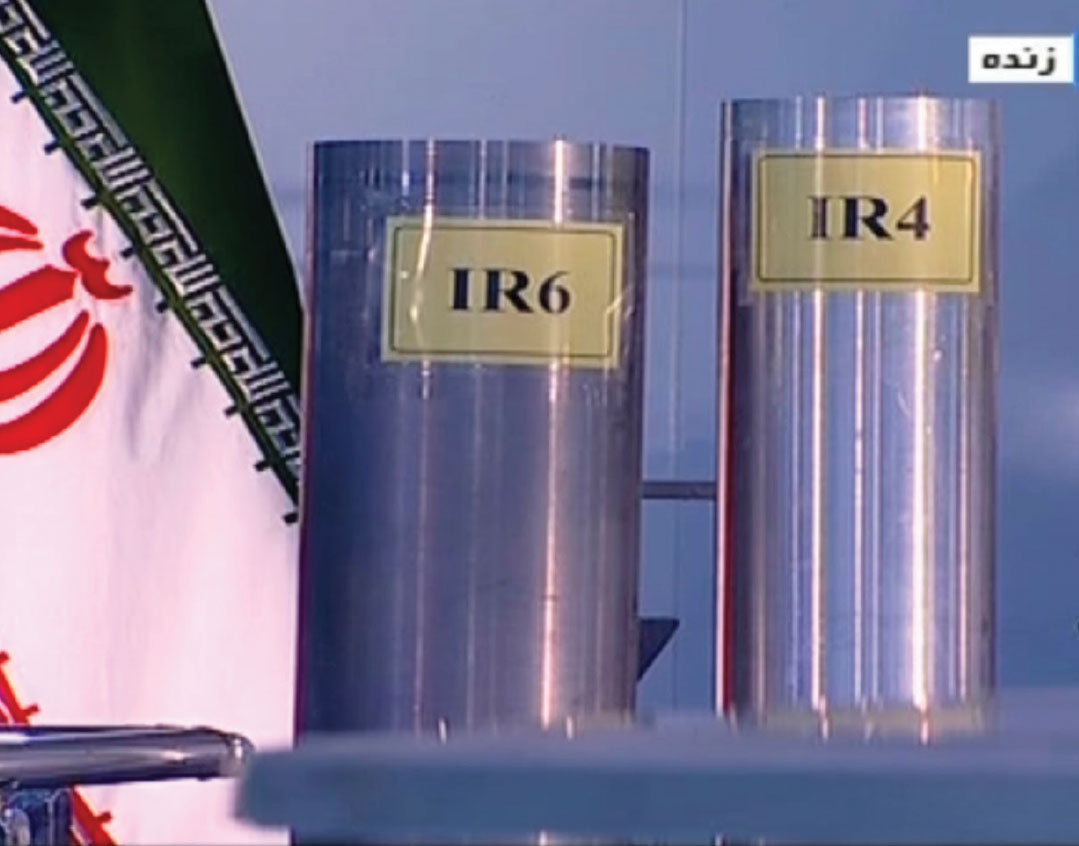Sanctions Snapback Stirs Security Council

In a month we could find ourselves in a diplomatic crisis the likes of which we’ve never seen

Photo: AP Images
Among all the other big recent news, a major diplomatic confrontation has managed to slip under the radar. On one side stands the United States, trying to prevent Iran from buying conventional arms from Russia and China. On the other side stands almost the entire UN Security Council.
Some background: On October 18, an UN arms embargo on Iran imposed in 2007 is set to expire. Two Security Council members, Russia and China, would like to resume arms sales to Iran. But this year the United States has been waging an intensive campaign to persuade the Security Council to renew the embargo.
Two weeks ago, the US suffered an unprecedented diplomatic setback when the Security Council rejected its proposal to renew the embargo. Only the Dominican Republic supported the Americans, with China, Russia, and 11 other member states voting against. Kelly Craft, the American UN ambassador, told me at the time that should the proposal fail, the US would trigger a “snapback” of UN sanctions, as stipulated in the Joint Comprehensive Plan of Action, also known as JCPOA or “the Iran deal.”
According to that deal, any of the signatories can unilaterally trigger a resumption of UN sanctions — called a “snapback” — if it believes Iran to be in violation of the agreement. And indeed, late last week the US announced that it was triggering the snapback process, because, among other reasons, the Iranians are enriching uranium at a higher rate than permitted by the deal.
There’s just one tiny problem: The Americans themselves withdrew from the JCPOA two years ago. The three European members, Germany, France, and the UK, argued in a letter to Secretary of State Mike Pompeo that since America is no longer a party to the deal, it has no right to trigger sanctions.
The Americans, for their part, are leaning on clauses 11 and 12 of the deal, which stipulate that any of the original signatories will be able to trigger the snapback process. This wouldn’t just be an arms embargo, by the way, but a series of other sanctions that would further significantly burden the already floundering Iranian economy. The Americans’ argument is that because they’re still members of the Security Council, which enshrined the JCPOA, they therefore have the right to initiate snapback.
The US announcement started the ticking of the diplomatic clock. In 30 days the Security Council is bound — at least theoretically — to restore a series of crippling sanctions on Iran. But it now seems that most member states don’t recognize the Americans’ standing, and likely won’t comply even if the Security Council does decide to restore sanctions. In the coming 30 days, other members have the right to bring a counter proposal; but the US could exercise its right of veto over this.
If that happens, in a month we could find ourselves in a diplomatic crisis the likes of which we’ve never seen. China and Russia will resume arms sales to Iran, that’s clear. But what will the Americans do? Will they impose sanctions on China and Russia? Or try to “punish” Iran by other means? Secretary of State Pompeo fiercely criticized China and Russia, charging that they were siding with the ayatollahs.
It’s safe to assume that Beijing and Moscow, whose foreign policy isn’t governed by high-mindedness, weren’t impressed by Pompeo’s words. And in this game of poker, they have the upper hand. Either way, it seems that with the disintegration of the nuclear deal, China and Iran are getting ever closer, at least for now. Given these two countries’ human rights records, this is bad news.
And all this is happening alongside another drama that will be unfolding early next week: Will the UN extend the mandate of UNIFIL, the UN peacekeeping force in Lebanon? Israel and the United States are demanding that UNIFIL inspectors be allowed access to every village and area, unrestricted by Hezbollah. If the UN doesn’t agree to reforms in the peacekeeping mission’s mandate, the United States may not support its renewal next week. After that, all bets are off.
(Originally featured in Mishpacha, Issue 825)
Oops! We could not locate your form.













